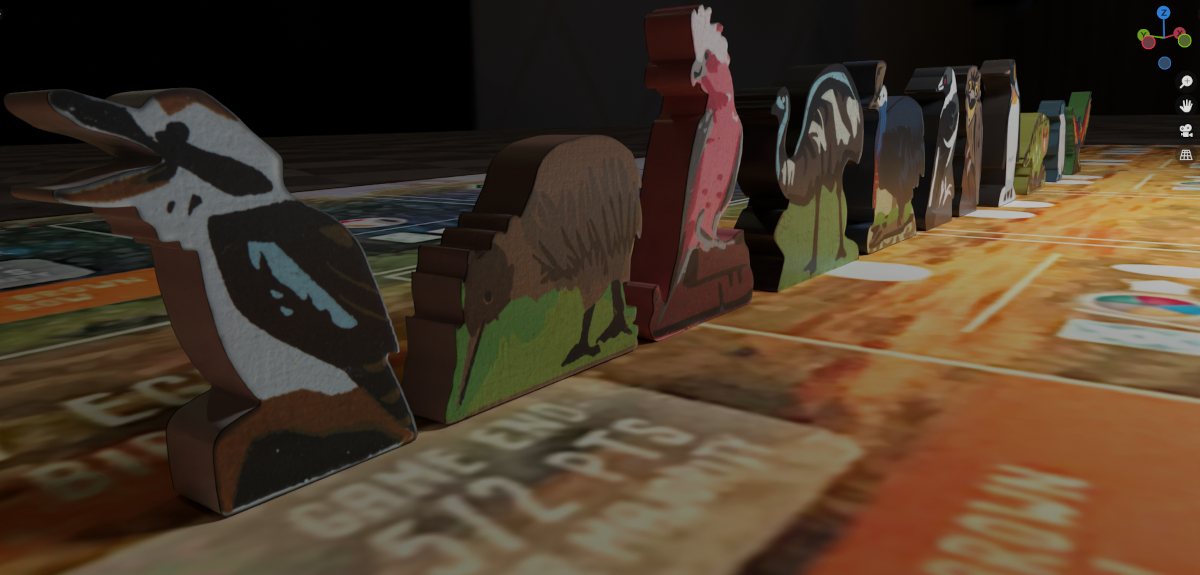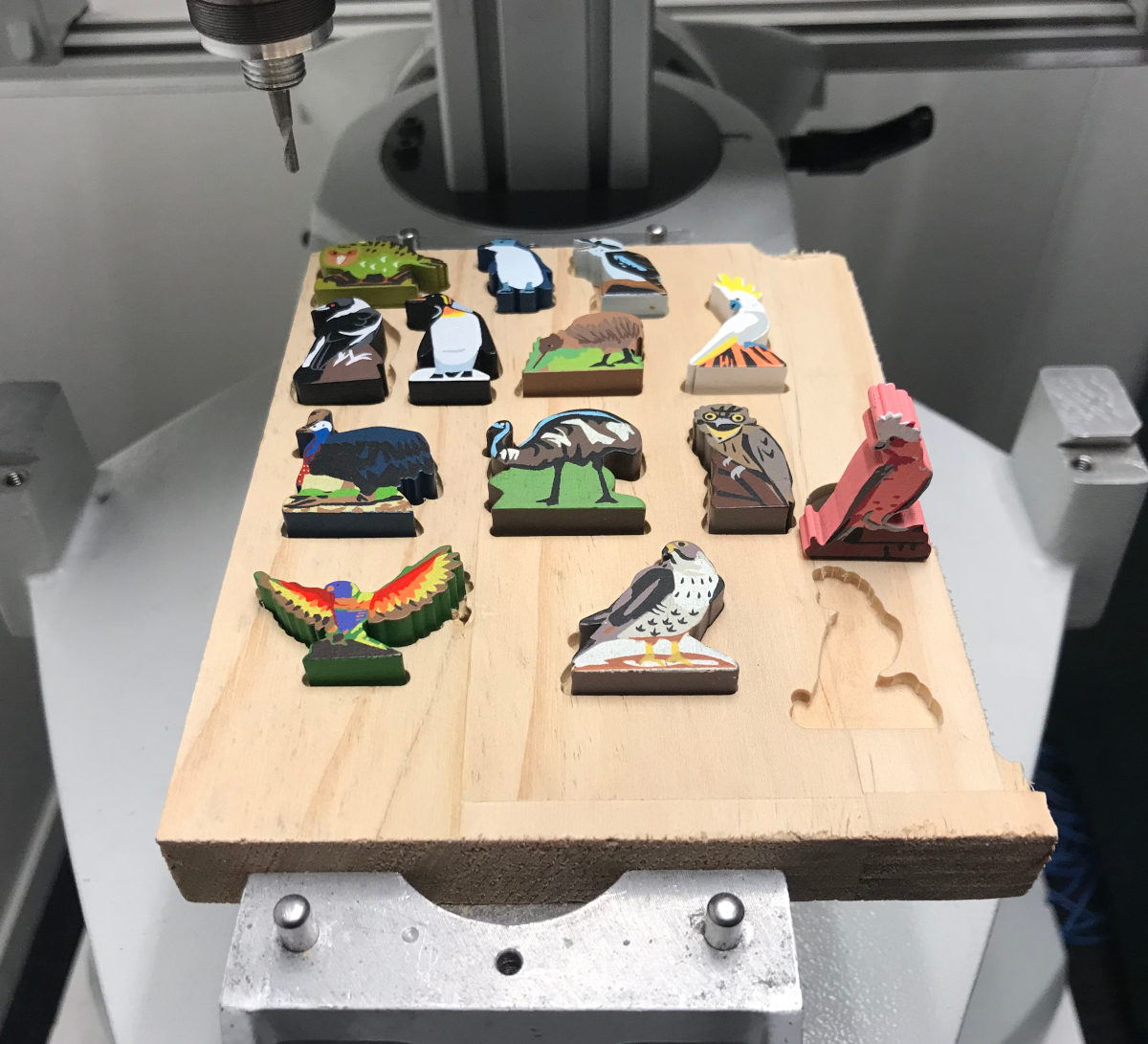Date
7pm, Wednesday, 14 June 2023
Topic 1/2: Boardgame Boxes in Blender
Speaker: John Flower

John has been exploring ways to organise boardgame tokens. Many boardgames supply them in plastic bags that are fiddly. Or worse, shrinkwrapped cards that are then left loose to scatter in a big box after unwrapping. A good organiser can reduce the time to set up a dramatically. He will demonstrate his trials using Blender, Inkscape, and FontForge on Linux to create designs for laser cutting, engraving, CNC routering, and printing to develop solutions.

Topic 2/2: PCem
Speaker: Nick Skarott
Over the last few years, Nick has presented many tools used in emulating various game console and personal computer plaftorms in the name of historical preservation. PCem is an open source emulation tool attempting to accurately emulate platforms AND peripheral hardware, supporting not just CPU platforms but also Graphics and sound cards in an attempt to enjoy not just DOS era games but Windows 9x era games without having to stress over old hardware that’s starting to flake out.
Download slides (application/pdf, 206 KiB)
